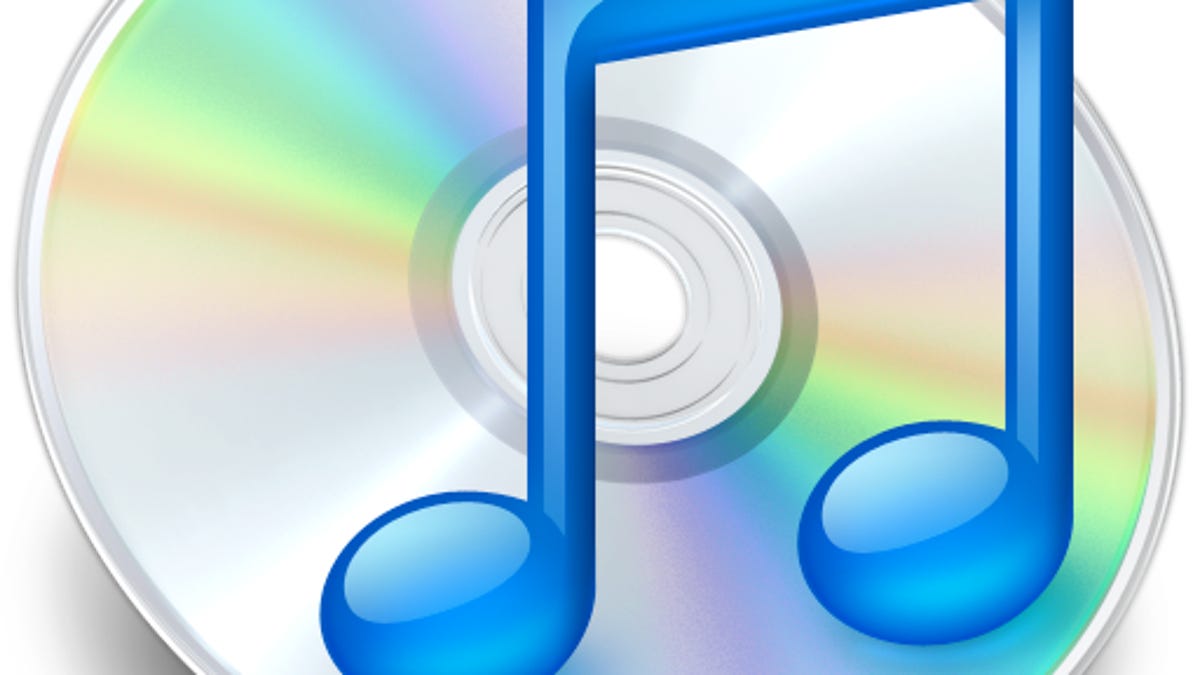iPod or iPhone backups cannot be saved to the computer
When backing up your iPod or iPhone in iTunes, you may run into problems where the program may hang, crash, or display an error message claiming the backup could not be saved on the computer.

When backing up your iPod or iPhone in iTunes, you may run into problems where the program may hang, crash, or display an error message claiming the backup could not be saved on the computer. This problem may affect iTunes versions 7, 8, or 9, and may happen on PCs as well as Macs.
Apple has noted this problem in a small knowledgebase document, where they suggest the easiest route to fixing it is to remove the previous backup and remake it.
Unlike the iTunes libraries which are all backed up and saved, the program only keeps one iPod/iPhone backup file. This saves time since iTunes will only backup changed files instead of the whole iPod, and will update the one backup file with the changes as they occur. Unfortunately this also can run into problems if the backup file is corrupt and cannot be written to.
To recreate the backup from scratch, you will need to use the iTunes preferences to remove the backup and have iTunes recreate it again. Go to the iTunes preferences and select Devices. You should see the backup of your iPod or iPhone listed there. Select it and click "Delete Backup", and confirm you want to delete the file.
When the backup is gone, close the preferences and right-click the iPod in the main iTunes window and select "Back Up". iTunes should run through a full backup again, and create a fresh backup file.
Questions? Comments? Post them below or email us!
Be sure to check us out on Twitter and the CNET Mac forums.

